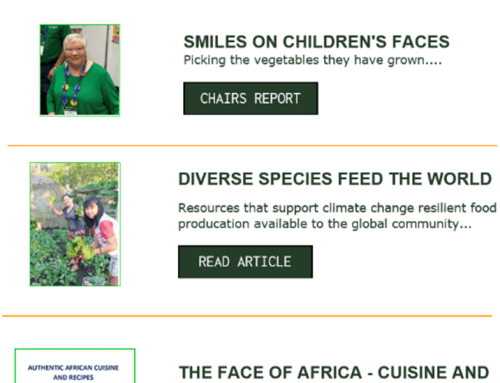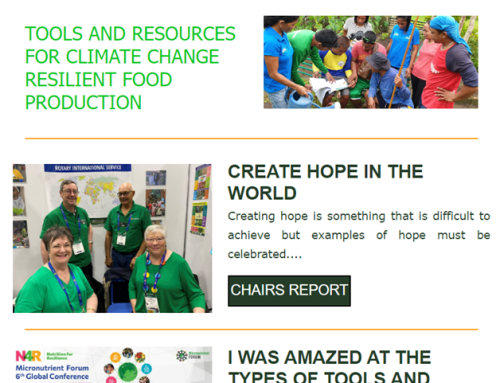The respected National Geographic magazine, in its July 2011 issue, reported that the world’s looming food crisis should impel us to preserve our crucial heritage of food species.
The magazine’s concern is understandable – and the clock is ticking. Food variety extinction is happening fast and very little is being done to preserve the genetic diversity of our foods. Disturbingly, experts estimate that we have lost more than half of the world’s food varieties over the past century.
And this is the potential problem – if disease or climate change decimates the varieties we’ve come to depend upon, we may desperately need those varieties we are allowing to become extinct. The devastating 19thcentury Irish potato famine is just one warning of a community’s over-reliance on a single food source.
Ethiopia, commonly depicted as a famine-prone region, is one country which has benefited in part from the efforts of renowned plant geneticist, Melaku Worede, who has set out to preserve and rebuild the country’s rich biodiversity.
In 1989, he initiated the Seeds of Survival program – a network of community seed banks that save and redistribute the seeds of local farmers.
Worede believes it is crucial to preserve the region’s diversity, not just in seed banks, but on the ground and in close consultation with local farmers. The challenge has been to show that it’s possible to increase productivity without sacrificing diversity.
A parallel effort is under way with local indigenous livestock breeds. Keith Hammond, a UN expert on animal genetics, says that in 80 per cent of the world’s rural areas, the locally adapted genetic resources are superior to imported breeds.
Preserving food diversity is only one of many strategies we’ll need to meet the challenge of feeding a world population of seven billion, but it is a crucial one.
View the full article at:
http://ngm.nationalgeographic.com/2011/07/food-ark/siebert-text





